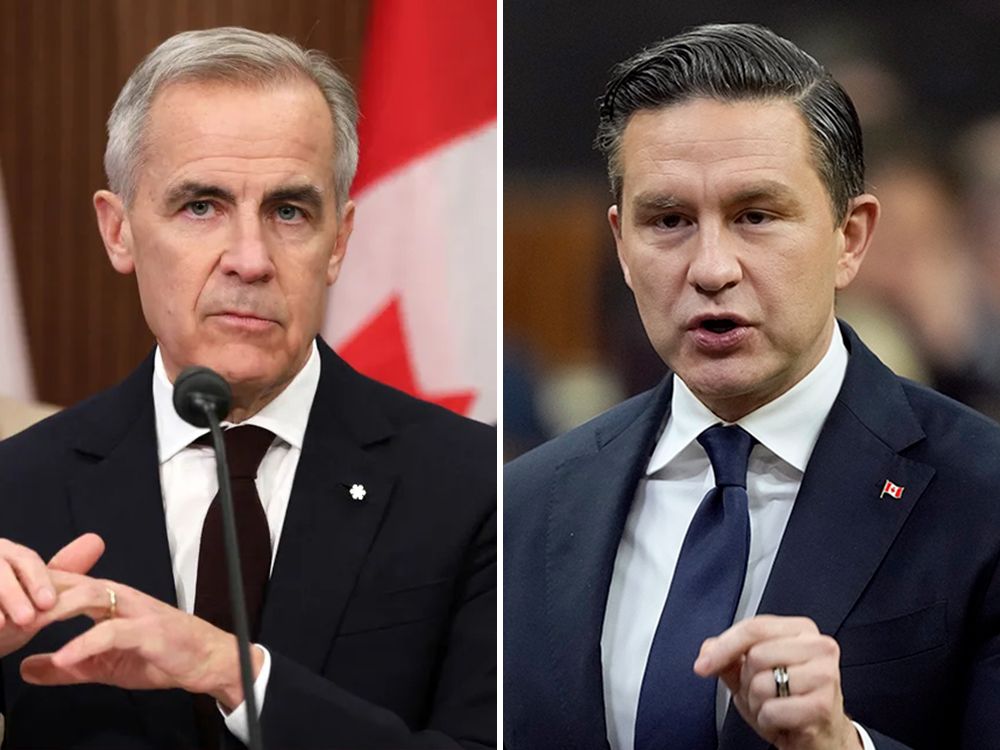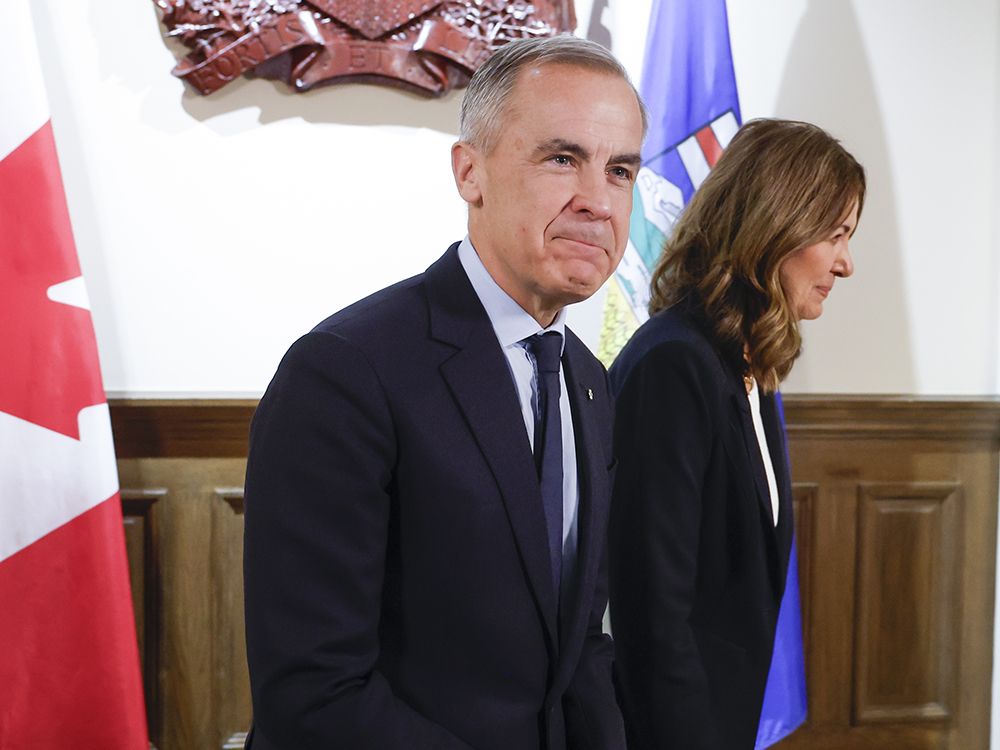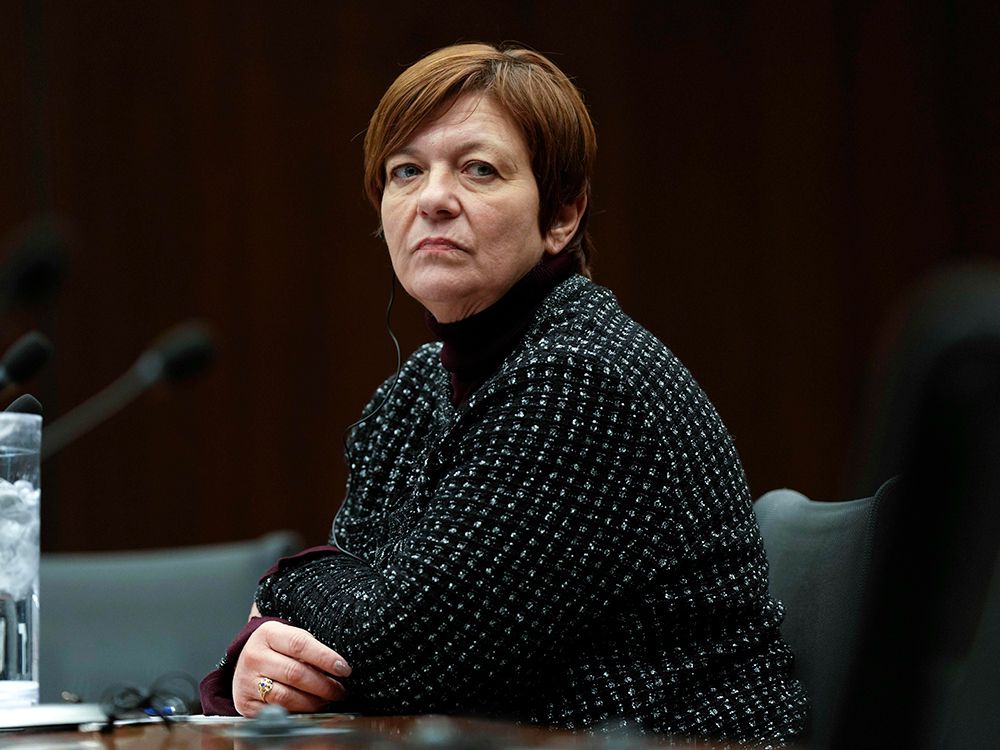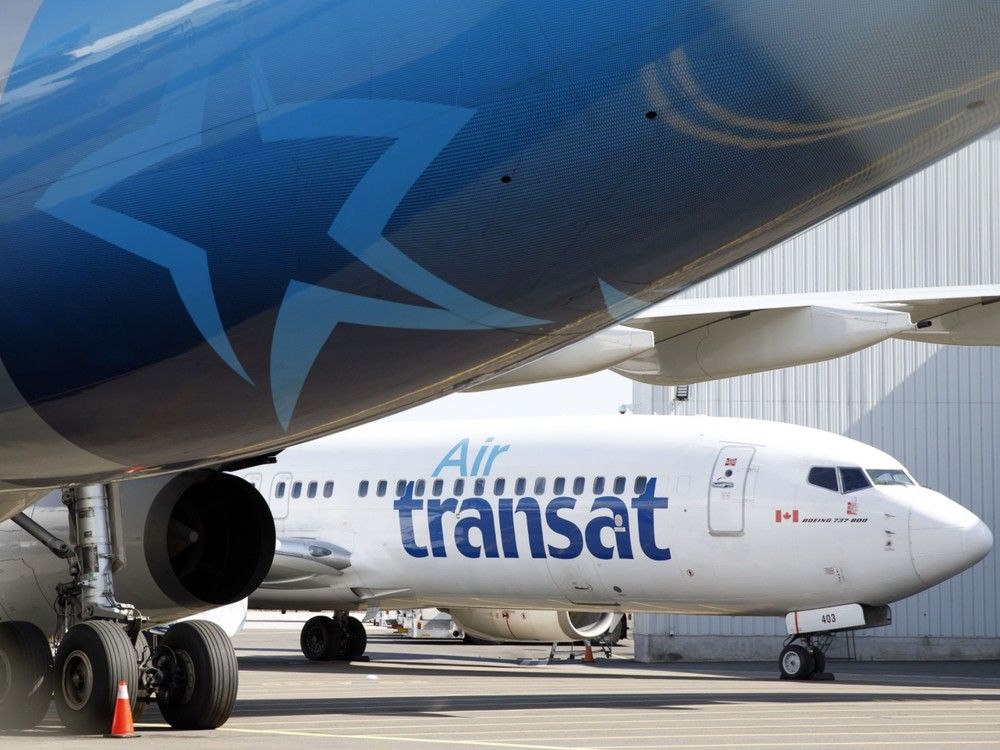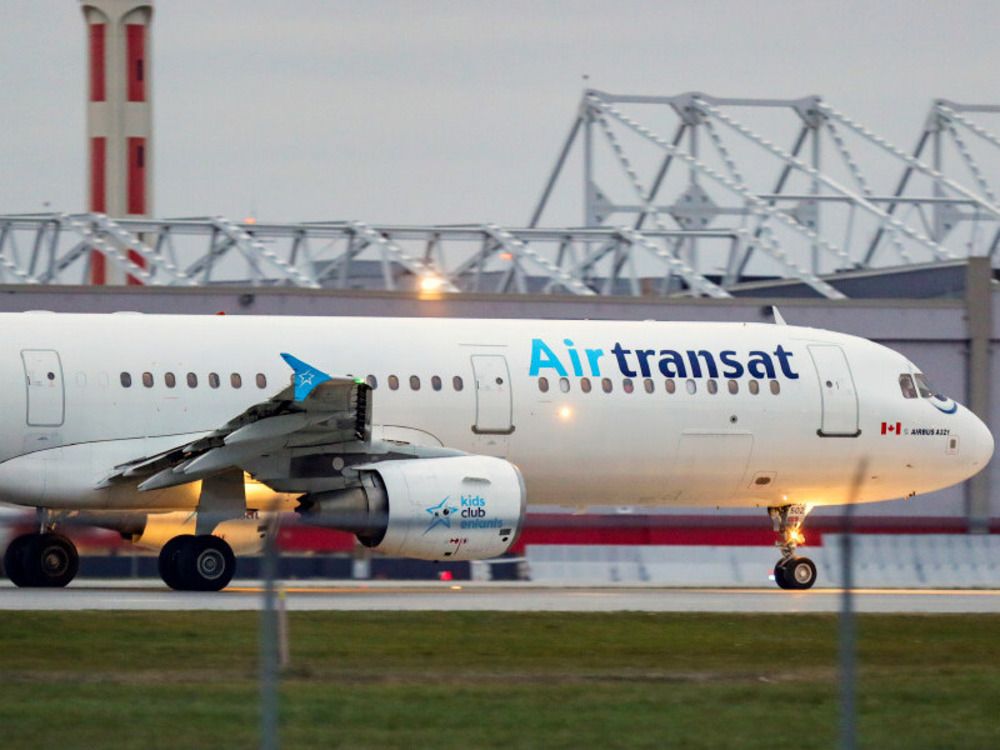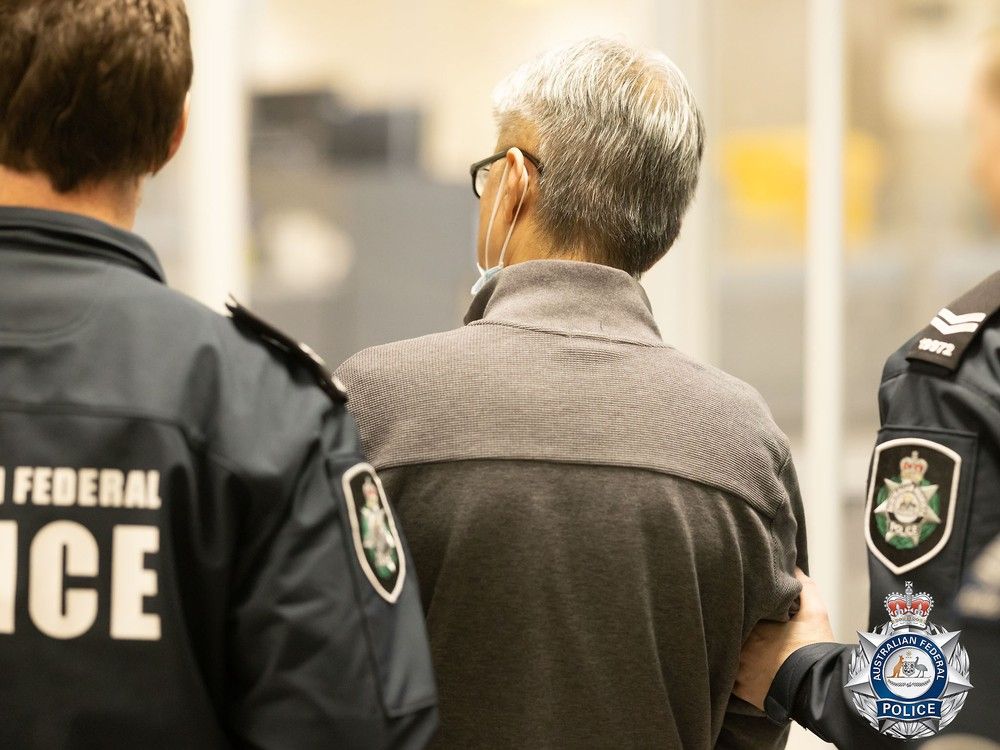
A Toronto model says her Uber driver kicked her out of the vehicle into the dark night because she was Jewish.
“What happened isn’t just an unpleasant moment. It’s a reminder of why speaking up matters,” Miriam Mattova, 33, told National Post. “And discrimination must be met with accountability, not silence.”
Mattova is a Jewish Slovakian-Canadian model and former Miss Slovakia. She said the incident occurred just after midnight on Nov. 30. Her friend ordered her an Uber so she could get home. After she got into the car, she FaceTimed another friend and was “speaking casually” about a recent trip to Israel a few weeks prior.
The female Uber driver slammed on the brakes, said Mattova, and told her to get out of the car at a busy intersection.
When Mattova questioned the driver, the driver told her she didn’t feel “comfortable” with Mattova in the car. “So I asked why, and the driver told me that they do not drive Jewish people,” Mattova said.
Mattova got out of the vehicle and ordered another Uber to get home. She reported the incident to the ride-sharing company, as did her friend who ordered the ride. A representative from Uber called her in response to her complaint on Dec. 4. Over email later the same day, a representative apologized for her experience and said they would be “following up with this driver to try to ensure an incident like this does not occur again.” The fare would be refunded, they said.
“A serious incident involving hate should trigger immediate action within 24 hours. Anything less allows prejudice to just go unchecked. Basically, it took them four days to get back to me,” Mattova said. “I want to be clear that what happened is about far more than an uncomfortable ride home or a refunded fair. The incident I experienced was a direct act of antisemitism, and the reason I’m speaking about it is because moments like this must be confronted openly.”
In a statement to National Post, an Uber spokesperson said: “Discrimination is unacceptable, and we’re deeply sorry for the experience this rider had. Everyone deserves to feel safe, welcome, and respected when using Uber. We’ve contacted the rider directly and taken appropriate action on the driver.”
Uber did not clarify to National Post what action was taken.
“What concerns me most is that Uber refuses to confirm whether the driver is still operating on the platform,” Mattova said, adding that Uber cited the privacy rights of the driver.
“Any responsible company, in my opinion, would immediately remove a driver who refuses to take someone because they are Jewish,” she said.
Mattova has been using her platform as a model and public figure to speak out against antisemitism since the October 7 attacks, when 1,200 people were murdered by Hamas terrorists in Israel and 251 taken hostage. Despite backlash on social media and receiving hateful messages about her support for Israel, she said she remains strong in her convictions because she’s heard stories of how insidious antisemitism can be.
Her Slovakian grandmother, now 90, is a Holocaust survivor who was held in a concentration camp in what is now the Czech Republic.

“She used to tell me these horrible stories of what happened, even a year or two before the war actually started,” she said. “These moments remind me of exactly what she was telling me, and this is why I’m speaking up. If we let these things slide, will the same thing repeat itself? That’s my biggest question: Where are we heading?” she said.
Most recently, her advocacy work included a visit to Israel along with nonprofit group Israel Friends, dedicated to providing life-saving aid across Israel, including trauma care. She spoke to Israeli soldiers “fighting for our freedom and for our safety and the safety of the Jewish nation in Israel,” she said. She also travelled to the kibbutz where Hamas terrorists kidnapped Ofir Engel and spoke with him about his experience.
“The scourge of antisemitism has to be confronted by courageous individuals such as Miriam who are prepared to vigorously fight back,” said her lawyer Howard Levitt. Levitt is also a contributor to National Post and Financial Post.
“I am demanding of Uber that it terminate its relationship with this driver and ensures that all of its drivers commit and adhere to principles of non-discrimination,” he said.
“Unfortunately, as we permit demonstrations to take over our streets, often focused on Jewish neighbourhoods, replete with criminal hate speech, terrorizing the Jewish community, antisemitism is increasingly normalized allowing residents, such as this driver, to believe that such conduct will be tolerated,” Levitt said.
When the
Palestinian flag was raised at Toronto City Hall in November
, Mattova attended and held the Israeli flag.
“I think in Canada, the only flag that should be raised is the Canadian flag,” she said. The decision to raise the Palestinian flag was condemned by Canadian Jewish groups.

Mattova, who has a Slovakian mother and Canadian father, said she has gone back and forth between Europe and Canada over the years, but decided to move back to Canada full-time in April 2023 — six months before October 7. Since then, she’s been promoting the message that “Israel has the right to defend itself.”
“Moments like (the Uber incident) remind me of my grandmother’s pre-war stories,” she said. “Stories of people staying quiet, dismissing small acts of hate until they become something far more dangerous.”
In October 2023, a rideshare driver in California was
charged with a federal hate crime for an antisemitic attack
on a passenger, the U.S. Department of Justice said in a news release. The driver allegedly assaulted the passenger “because he thought the rider was Jewish or Israeli.” The man was later acquitted by a federal jury, the Jewish News of Northern California
.
In August, an Uber driver in Vienna was suspended by the company after Jewish passengers said they were assaulted, verbally harassed and kicked out of the vehicle,
. Uber said it launched an investigation into the incident.
Our website is the place for the latest breaking news, exclusive scoops, longreads and provocative commentary. Please bookmark nationalpost.com and sign up for our daily newsletter, Posted, here.




